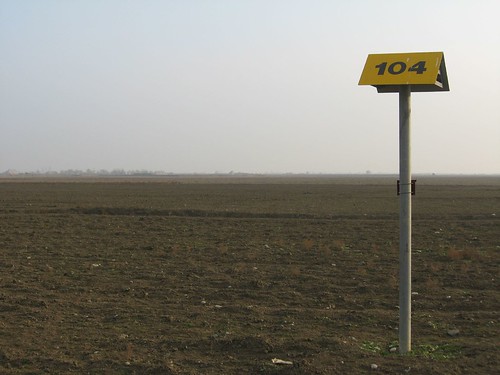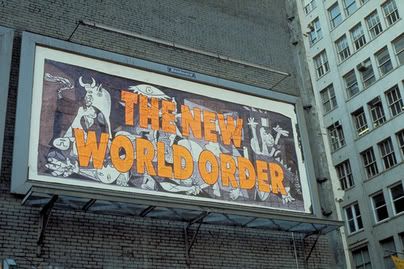by James Surowiecki

The recession has been over for more than a year now, but so many people are out of work that it doesn’t feel like much of a recovery. In November, the economy added just thirty-nine thousand jobs. The failure to translate G.D.P. growth into job growth has given us an unemployment rate that remains near ten per cent (twice what it was in 2007), and has swelled the ranks of the long-term unemployed.
Why have new jobs been so hard to come by? One view blames cyclical economic factors: at times when everyone is cautious about spending, companies are slow to expand capacity and take on more workers. But another, more skeptical account has emerged, which argues that a big part of the problem is a mismatch between the jobs that are available and the skills that people have. According to this view, many of the jobs that existed before the recession (in home building, for example) are gone for good, and the people who held those jobs don’t have the skills needed to work in other fields. A big chunk of current unemployment, the argument goes, is therefore structural, not cyclical: resurgent demand won’t make it go away.
Read full article here
 The President of the European Commission Jose Manuel Barroso and the President of Azerbaijan Ilham Aliyev on have signed a Joint Declaration on gas delivery for Europe in Baku, the European Union (EU) said.
The President of the European Commission Jose Manuel Barroso and the President of Azerbaijan Ilham Aliyev on have signed a Joint Declaration on gas delivery for Europe in Baku, the European Union (EU) said.







